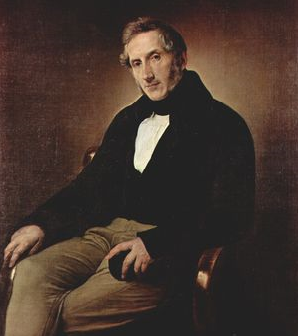Manzoni: Rivoluzione e Risorgimento
(Manzoni: Revolution and Risorgimento)
Abstract
The author unfolds, in its philosophical ground, the theme of Manzoni’s idea of revolution that is applied to the French and the Italian revolution. The idea of revolution Manzoni opposes, criticizing Roberspierre, is the Jacobin idea of “total revolution.” This is not, however, the only meaning Manzoni reserves to the idea of revolution. He speaks of revolutions that are irreducible to such a model: for example, the English revolutions of the seventeenth century and the American revolution, and he proposes the Risorgimento as the Italian revolution. Manzoni has observed that it is possible that there are governments that are irreformably contrary to the common good, and in these cases a revolution is justified as long as one establishes the conditions that prevent its degeneration. Manzoni employs the same word for what in our times we have clarified as two different concepts: the idea of total revolution, which subordinates everything to itself and its own projects, and the idea of a moral revolution in the sense that it constitutes itself in the name of eternal values that are denied in actuality. The author claims that in the Italian thinkers from the Risorgimento one can find thoughts that go beyond the idea of the unification of Italy, and that the celebration of the one hundred fiftieth anniversary may, or better must be the occasion to rediscover such ideas and their relevance for current politics.


